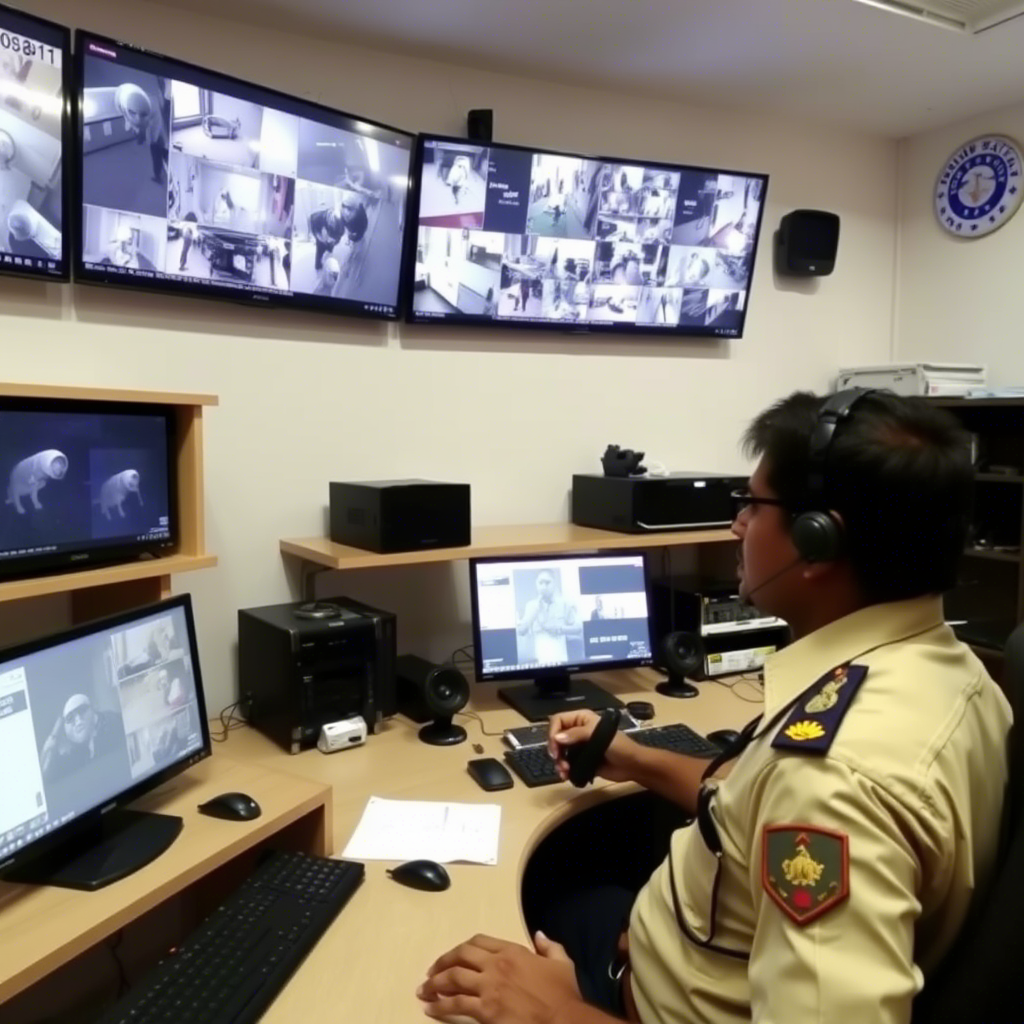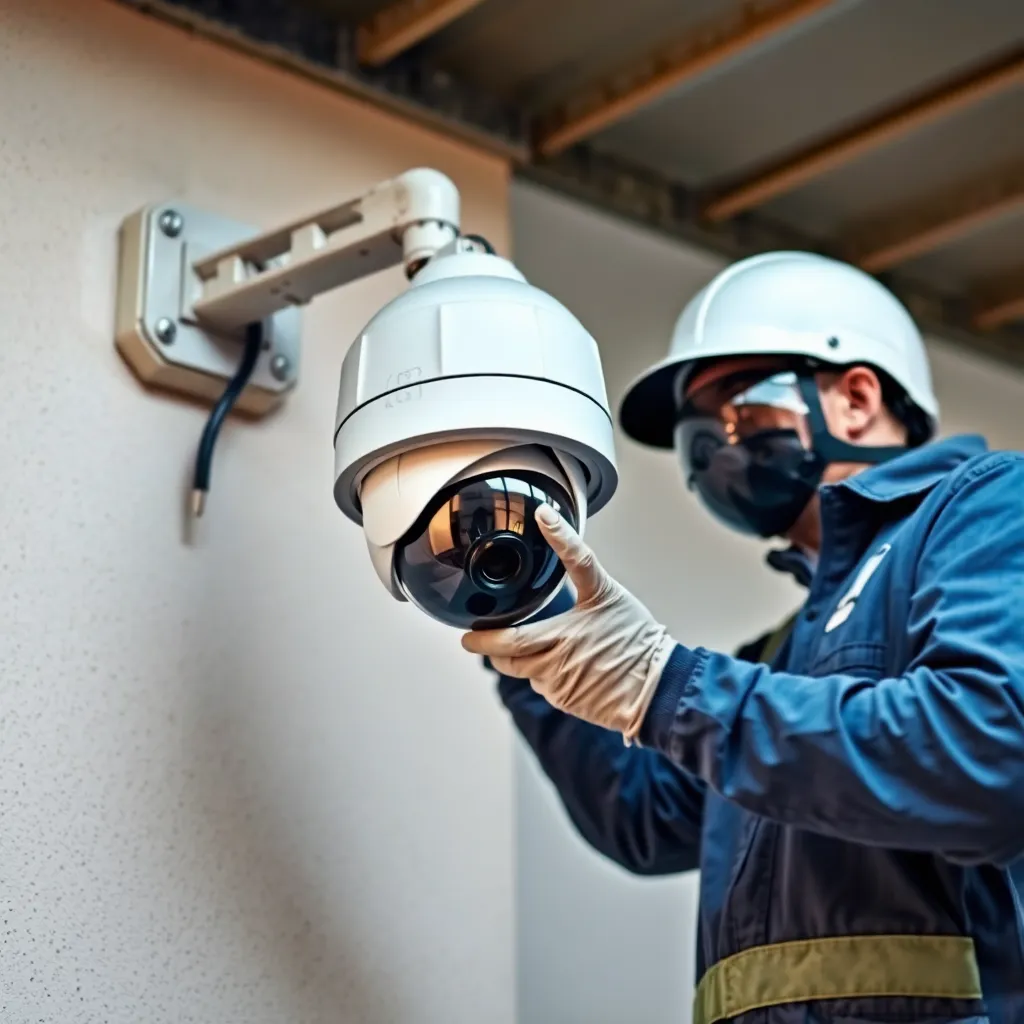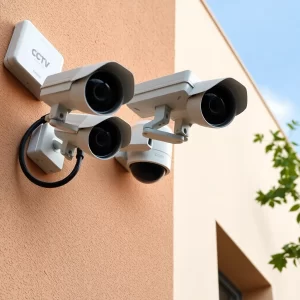Mumbai, a bustling metropolis known for its vibrant culture and economic significance, faces a grim reality on its roads. Despite the installation of an extensive network of CCTV cameras, the city remains plagued by rampant traffic violations and lawlessness. This article critically examines the ineffectiveness of CCTV surveillance in curbing traffic offenses and highlights the judiciary’s role in exacerbating the situation through long delays in legal proceedings.
The False Sense of Security
-
Exorbitant Costs with Minimal Impact: The Mumbai government has invested heavily in CCTV technology, purportedly to enhance road safety and enforce traffic laws. However, the reality is that these cameras have failed to deter reckless driving, signal jumping, and other violations. The streets are filled with bikers weaving through oncoming traffic, auto-rickshaws ignoring signals, and even government buses flouting rules without consequence.
-
Lack of Accountability: The presence of CCTV cameras has created a false sense of security among citizens. Many drivers believe that as long as they can pay a bribe, they can evade penalties. This culture of corruption undermines the very purpose of surveillance, as violators operate with impunity, knowing that the law can be easily circumvented.
The Role of the Judiciary in Delays
-
Judicial Backlog: One of the critical issues contributing to the ineffectiveness of CCTV surveillance is the significant backlog in the judiciary. Cases related to traffic violations often languish in courts for extended periods, leading to a lack of timely justice. This delay emboldens offenders, who perceive the legal system as slow and ineffective.
-
Inefficient Legal Processes: The cumbersome legal processes further complicate matters. Even when offenders are caught on camera, the lengthy procedures involved in prosecuting these cases often result in minimal consequences. This inefficiency not only frustrates law-abiding citizens but also perpetuates a cycle of lawlessness on the roads.
A Culture of Impunity
-
Normalization of Violations: The combination of ineffective surveillance and judicial delays has fostered a culture where traffic violations are normalized. Citizens witness daily instances of reckless driving and disregard for the law, leading to a collective desensitization towards these offenses. The belief that one can escape punishment has become ingrained in the psyche of many drivers.
-
Impact Beyond City Limits: The situation worsens in areas surrounding Mumbai, where auto-rickshaws often operate without functioning meters, and drivers refuse to use them. This lack of regulation not only affects passengers but also highlights the systemic failures in enforcing traffic laws across the region.
A Call for Systemic Reform
-
Reassessing Surveillance Strategies: To address the ineffectiveness of CCTV, the government must reassess its approach to traffic management. This includes ensuring that cameras are operational and that footage is actively monitored to facilitate timely action against violators.
-
Judicial Reforms: The judiciary must also play a proactive role in expediting traffic violation cases. Implementing measures to reduce backlog and streamline legal processes will enhance accountability and restore faith in the rule of law.
-
Public Awareness Campaigns: Educating citizens about the importance of adhering to traffic laws and the consequences of violations is crucial. Public awareness campaigns can help shift societal attitudes towards responsible driving and compliance with regulations.
Conclusion
The current state of Mumbai’s roads is a stark reminder of the disconnect between surveillance technology and effective law enforcement. The installation of CCTV cameras, while a step in the right direction, cannot substitute for a robust legal framework and timely judicial action. It is imperative for the Maharashtra government and the judiciary to work collaboratively to create a safer environment for all citizens. Only through systemic reform and a commitment to accountability can Mumbai reclaim its status as a city where the rule of law prevails, and the safety of its roads is ensured.





